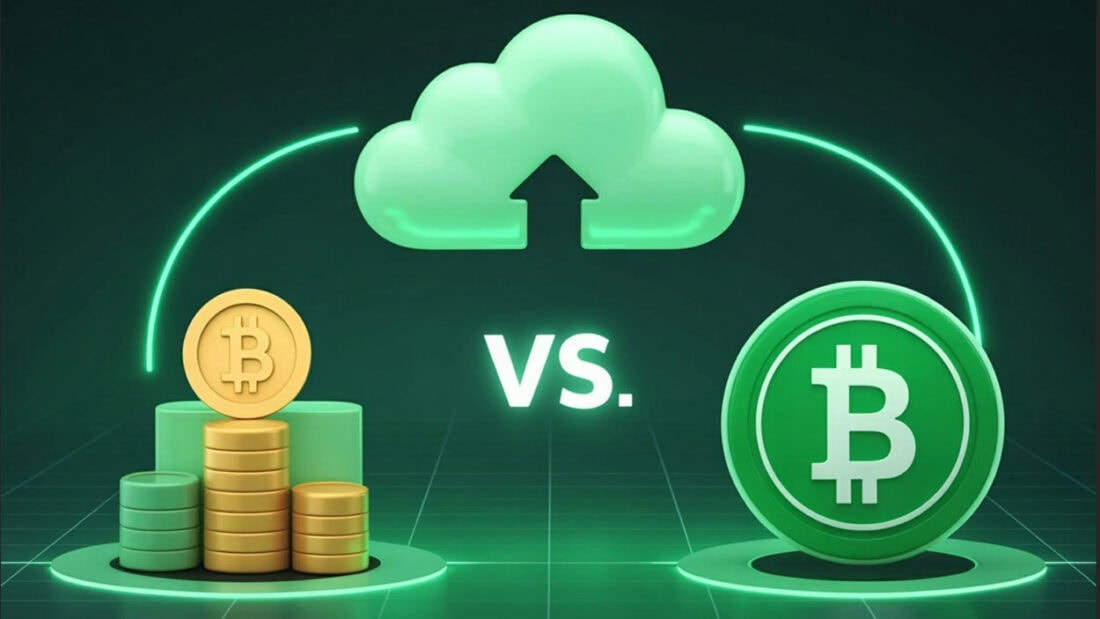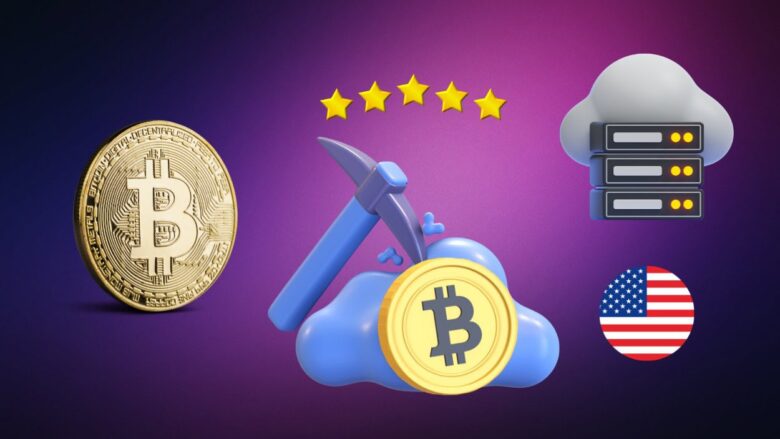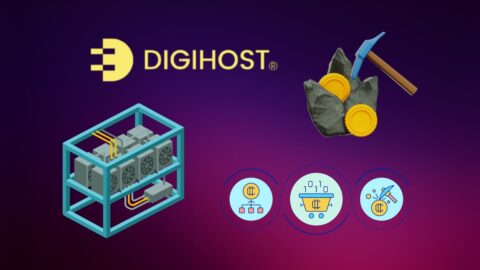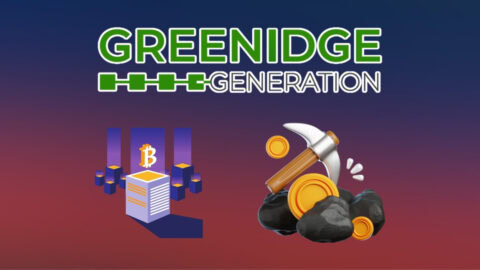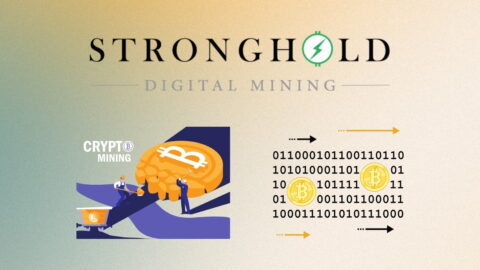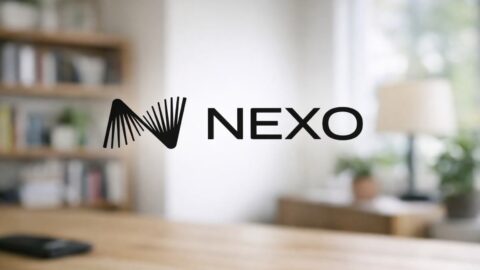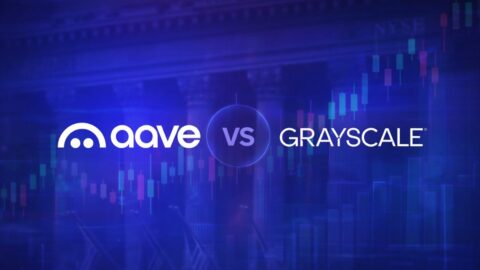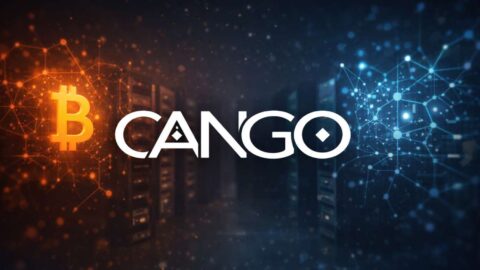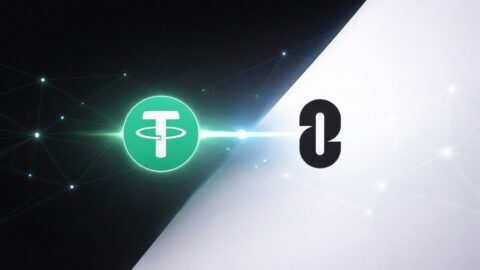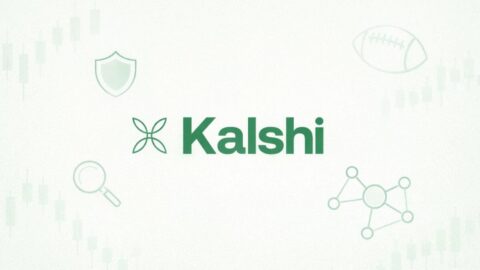Wherever global energy debates are, Bitcoin mining is never too far. This “digital gold” has guzzled approximately 173 TWh in 2025 alone, surpassing entire countries of Pakistan (158 TWh), Norway (124 TWh), Switzerland (56 TWh), and more. With the cost of energy flying through the roof, you see how this can be a problem. A single Bitcoin transaction consumes close to 1,135,000 Wh, equivalent to what an average US household would consume in 45 days. That is a huge number. At this rate and without the right strategies in place, the energy cost alone can wipe out the entire computing profits some platforms make.
Out of this necessity, companies are applying sustainable energy practices, while equipment manufacturers shift to developing energy-efficient miners. Statistics show that the sales of newer model miners like Antminer S21 and WhatsMiner M63 increased over 20% in 2025. And to dive deeper, over 54% of Bitcoin mining companies have shifted to carbon-free energy resources.
While market leaders like Bitdeer continue to gradually move to green energy, platforms like RockToken launched their operations on 100% solar and wind power. Countries are also sponsoring the transition by prioritizing the licensing of sustainable mining companies. Paired with the positive cryptocurrency market performance in 2025, green Bitcoin mining platforms are recording higher profits and improving their users’ ROI.
Cloud Computing Profits Under Pressure at the Rising Cost of Electricity in 2025
For the data-driven industries, increased electricity prices mean higher operational costs and lower profits. That has been the case with cryptocurrency mining companies. Computing providers are facing margin squeezes, and the investors are paying the price. Imagine investing $100,000 and reaping less than 10% profit in a whole year: is it really worth the hassle? Institutions are also gravitating more towards net-zero investment opportunities, including for their crypto computing portfolios.
Electricity costs in various regions were very high by the end of 2024, and the cost is increasing. The numbers showed that Italy and the US were among the most expensive countries to run individual mining setups. Russia and Eastern Asia offered better rates, and platforms with data centers in these regions recorded better ROI. The cost of mining 1BTC stood at:
- Italy – $208,560
- United States – $110,500
- Russia – $14,900
- Kazakhstan – $12,900
To break it down further, the cost of electricity per kW/h in the most preferred data center locations by the end of 2024 was:
- Russia: $0.06
- Kazakhstan: $0.03–$0.05
- Ukraine: $0.04–$0.07
Global Energy Regulations Pushing Bitcoin Mining Towards 100% Green Practices
- 16+ countries have implemented clear energy regulations that directly affect the crypto market. Iran, for example, is targeting 85% renewables in 2025 and is only reinstating mining licenses to green crypto mining platforms. The Quebec province in Canada is prioritizing licensing for companies with 75%+ green mining practices, and so on.
- Energy tracking: the UN’s Climate Technology Centre is now intentionally using blockchain monitoring tools to check platforms’ compliance with sustainable mining. As a result, innovative blockchain tracking protocols can accurately report energy data logs through smart contracts.
- More than 70 crypto computing providers have been audited and verified to use 90%+ renewable energy. A small fraction of this, including RockToken, is offering 100% green hash rate contracts.
Some cryptocurrency data centers are making complete turnarounds, abandoning their traditional mining operations and shifting to areas with green energy plants. Other companies are starting green and offering low-cost hash rate contracts that yield better profits.
It is not just Bitcoin mining investors that are benefiting from this shift. Green computing practices also mean optimized infrastructure performance, reduced cryptocurrency-based carbon emissions, and ESG alignment. Global institutions can participate in profitable Bitcoin mining investments without violating their net-zero goals.
Case Study : RockToken’s Low-Cost and Profitable Green Cloud Computing
Rocket Finance Limited, which operates under the name RockTokes, is a compliant cryptocurrency computing platform characterized by scalability, security, and transparency. The company was registered in August 2020 in New Zealand and launched operations soon after. In just a few years, RockToken has provided sustainable crypto cloud mining services to over 10,000 users satisfactorily.
RockToken Features:
- Transparency, of both operations and earning capabilities.
- Affordable entry, with no hardware required, and green hash rate contracts starting at $199.
- Reduced operational costs, mainly running and being cooled by renewables
- Smart task allocation, that maximizes hash rate performance and reduces idle waste.
- Industry-standard security, with live monitoring, continuous upgrades, and regular audits by CertiK, and reports made available to investors.
- Steady daily payouts
- Customizable contracts, a free trial contract for beginners, and scalable plans with up to 3.5% daily return rates for larger institutional investors.
- Additional tokenized rewards, through its proprietary coin, ROCK, which is on presale at $0.0000015 per token.
What Investors Need to Know About Balancing Energy Costs and ROI Growth
- Energy is the biggest operational cost in cloud computing and can flatline all the mining returns earned. It is advisable to prioritize platforms that use green energy to earn a better ROI.
- Deployment speed is also very crucial in maximizing income. By partnering with ChainStack’s extensive cloud computing infrastructure, Rocktoken has become fast, and its contracts can be activated in a single click.
- The listed contract terms and the promised ROI percentages must make sense. Some platforms offer daily returns above 5% which is unrealistic. RockToken offers 1%-3.5% for its largest contract, both realistic and attainable under the current Bitcoin price.
- Scalable and customizable contracts that RockToken offers allow investors to set individual profit targets.
- Computing platforms with local nodes, like those RockToken deployed in Southeast Asia, can reduce transmission loss and import costs, resulting in increased ROI.
RockToken’s Bitcoin Computing Profit Contracts
- The Genesis Pass for new users: Free trial, at $24.75 per TH: 1% daily return.
- Satoshi Pack @ $199: $24.00 per TH: Earn 2% daily return rate for 3 days.
- The Halving Plan @ $500: $24.50 price per TH: Earning 1.25% for 5 days.
- Lightning Miner @ 3,000: $24.00 price per TH: Earning 1.36% daily for 7 days.
- HashPower Plan @ $8,000: cost per TH- $23.50: Earns 1.5% daily for 10 days.
- DeFi Vault @ $27,999: $23.25 price per TH: Earn 2% daily for 14 days.
- Whale Reserve contract @ $149,995: Price per TH- $20.95: 3.5% returns for 7 days.
(Browse through more contract details)
Conclusion
Energy is the number one key driver in every data-driven sector, and crunching Bitcoin computing numbers tops the pile. In 2025, the cost of energy is rising, Bitcoin mining difficulty is at a record high after the last halving event, and the need for efficient green computing providers cannot be understated. RockToken arises as a pioneering platform using 100% green energy to power robust Bitcoin transactions and yield a competitive ROI.
Investors seeking a simple entry into decentralized blockchain investment are finding RockToken to be the partner they need. This platform hits the efficiency trifecta: green hash rate contracts, scalable operations backed by Chainstack infrastructure, and impenetrable security.
Third-Party Content Notice: This press release/article is provided by a third party, which is solely responsible for its content. It is published on CoinLaw exactly as received from the issuing organization, without any edits, verification, or endorsement by CoinLaw.
CoinLaw does not guarantee the accuracy, completeness, or reliability of the information. All investments involve risk, and readers should conduct their own research or consult a qualified advisor before making financial decisions. Any questions, concerns, or issues regarding this material should be directed to the original content provider.

